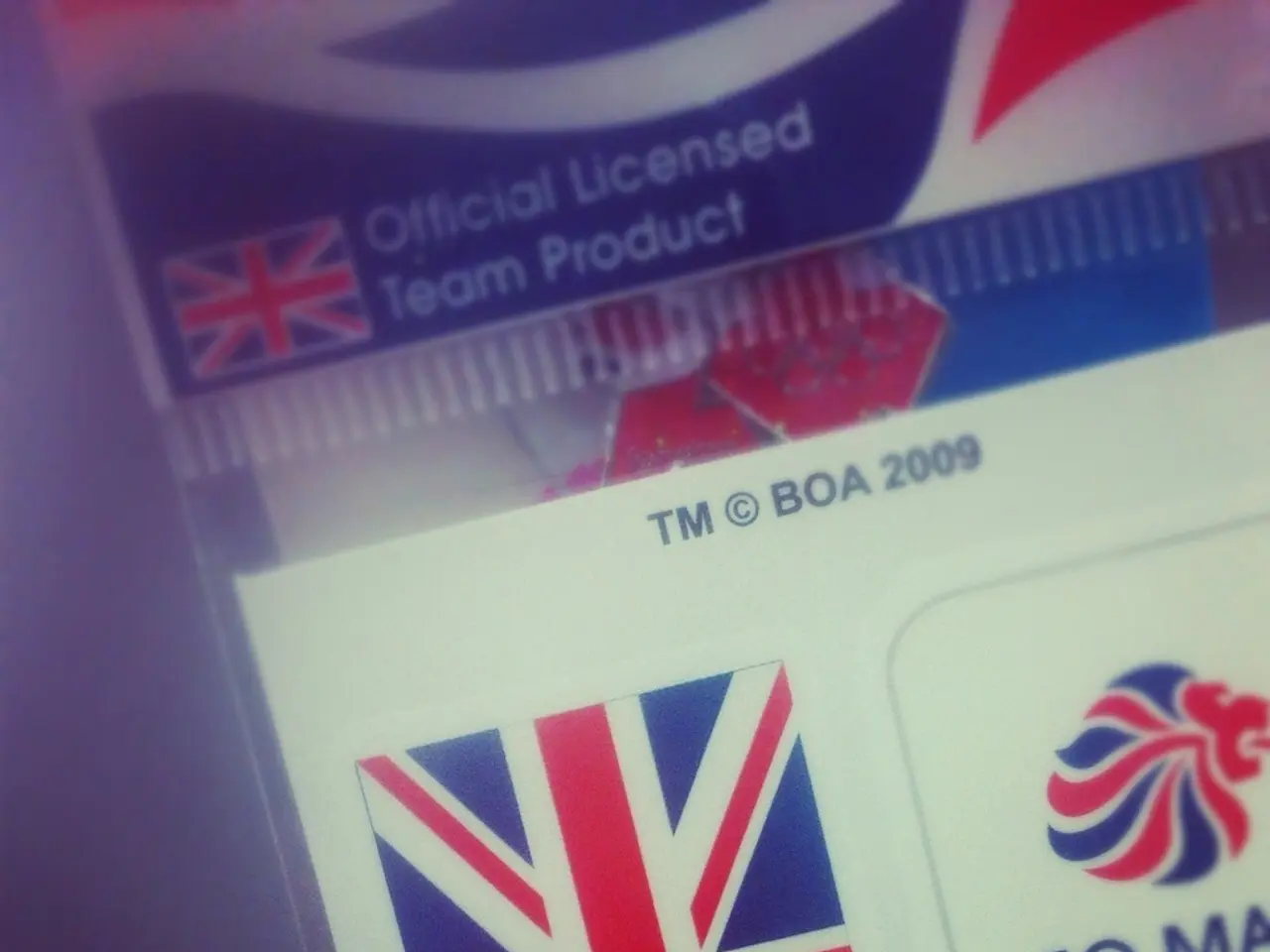Digital ID: Despite Opinions on Tony Blair, His Stance Is Validated
The UK is progressing towards a National Entitlement Scheme (NES), a modern digital identity framework that prioritizes user-controlled, verifiable digital credentials for accessing public services and travel. This shift away from a traditional National Identity Scheme (NIS) is a strategic move towards a more flexible, digitally-enabled system.
The beta version of the NES app was launched in June, available on iPhones and Android devices. The government expects the private sector, including banks, media companies, social media, brands, and potentially the crypto world, to create digital identity schemes within this framework.
Cross-party political support for mandatory digital ID in the UK is growing, but it is framed as a NES focusing on entitlements rather than ID per se. The UK government is implementing digital travel authorizations such as the Electronic Travel Authorisation (ETA) system, which will roll out from April 2025 for EU, EEA, and Swiss nationals.
The NES will utilize modern protocols like OpenID for Verifiable Presentations (OID4VP) to request and present verifiable credentials, ensuring secure and privacy-respecting digital identity interactions. The UK government is looking to Estonia’s integrated digital ID system as a successful model to emulate, indicating plans for better integration and user control across government services.
Unlike a traditional NIS, focused on mandatory universal identity cards and centralized identity registers, the NES is designed to be decentralized, privacy-preserving, and interoperable with existing digital identity initiatives such as the European Digital Identity (EUDI) Wallet pilots. The NES will be about what people are entitled to, such as being over 18 or a parent and a lawyer, rather than about who they are.
The government will issue an official UK digital identity trust mark and consult on the UK trust framework. When the legislation is "commenced" (as they say here), the government will have new powers and responsibilities, including maintaining a statutory register of digital verification services (DVS). The NES is not about creating a portable digital identity for general use but a "super app" for logging into government services.
Media commentators have expressed concerns about the government's disastrous track record with major IT projects and the security of systems that might function as honeypots. However, the government is focusing on the development of a NES to support economic growth through the creation of trusted digital identity products and services from certified providers.
Sources:
[1] GOV.UK. (2023). Electronic Travel Authorisation (ETA): UK Visas and Immigration. Retrieved from https://www.gov.uk/eta
[2] GOV.UK. (2023). National Identity Scheme. Retrieved from https://www.gov.uk/government/publications/national-identity-scheme/national-identity-scheme
[3] GOV.UK. (2023). National Entitlement Scheme. Retrieved from https://www.gov.uk/government/publications/national-entitlement-scheme/national-entitlement-scheme
The beta version of the National Entitlement Scheme (NES) app utilizes technology for data-and-cloud-computing, incorporating modern protocols like OpenID for Verifiable Presentations (OID4VP) for secure and privacy-respecting digital identity interactions. The private sector, including banks, media companies, and potentially the crypto world, are expected to create digital identity schemes within this framework, underscoring the importance of authentication, authorization, and authorization in theysystem.




